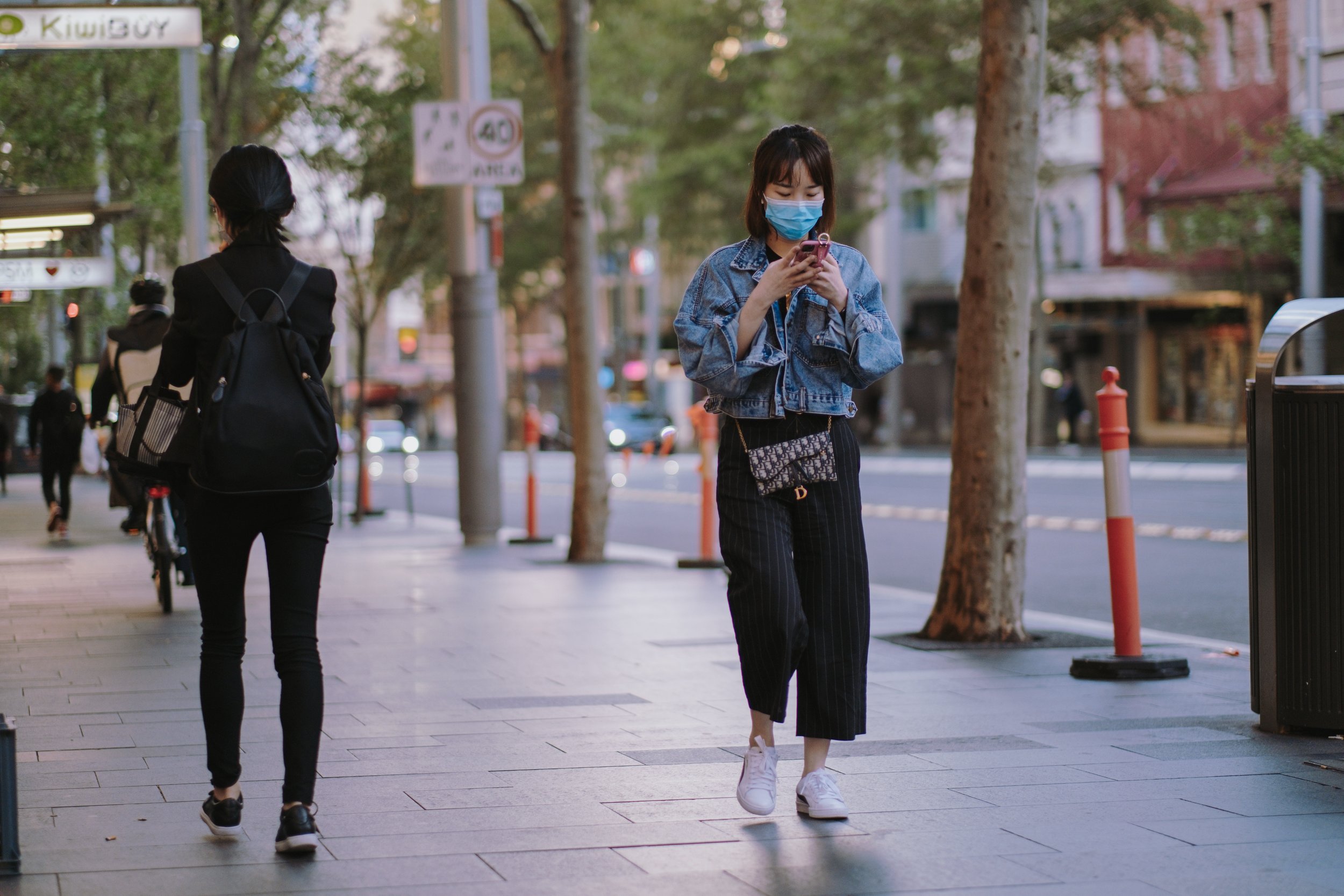Boost your mood and balance your mental health
We speak to certified psychologist, Dr Oberdan Marianetti, about what to do when mental health takes a dive in unpredictable times
Text: Shin Yee Koh
The last two years have been a rollercoaster for many around the world. With countries flipped upside down and world leaders struggling to maintain peace, it’s no wonder that our mental health has taken a beating. Physical isolation and all the negative emotions that come with being forced to confront our thoughts alone, combined with constant uncertainty of our future, has led to a whopping 25% increase in the prevalence of anxiety and depression worldwide.
Restrictions and lockdowns limit social interaction
Lockdowns, in particular, are the most taxing, especially for people who are highly extroverted or those who typically use work, social life and other activities as distractions. Being forced into isolation has forced people to sit in silence with their thoughts and emotions or face the underlying tension within their households. As a result, many are still not ready to deal with what they uncovered. In addition to that, humans are inherently social beings. We require a certain degree of social interaction to function, and a lack of it is terrible for our health.
Economic instability, loneliness and exhaustion are all major triggers for depression. We speak to Dr Oberdan, a certified psychologist for more than 15 years, to share tips on how to practice mindfulness and curb anxiety.
1.Bring awareness to your life
Learn to practice awareness, especially when it comes to your thoughts, emotions and physical sensations. They are the symbols on your life’s dashboard pointing the way to what you need to pay attention to. Pay attention to your body. Often times when we’re experiencing anxiety, our bodies respond by tightening up. So, if you’re holding tension in your body, relax and try to identify the cause of your stress.
Practicing awareness can help with stress
2. Acceptance is the new normal
It’s normal to feel a wide range of emotions and sensations — even the negative ones. They are there to teach us the lessons we so desperately need to learn. (Read The Guesthouse by Rumi for a beautiful account) Instead of instinctively suppressing all these negative emotions or finding unhealthy coping mechanisms for them, practising acceptance can help you let go of control and learn that these feelings are temporary and can’t hurt you.
Accept your feelings and experience zen
3. Having a healthy support system
Humans are intrinsically social beings, and we require interaction and relationships to thrive. In fact, research shows that having a solid support system has many positive benefits, including reducing depression and anxiety, better coping skills, and living longer, healthier lives. We have to create and maintain a healthy social support network, as its value is immeasurable, especially in our deepest moments of need.
Healthy support systems are key
4. Keep an open mind to seeking professional help
Stay open to the possibility of working with a professional. They are trained to support and guide clients in ways most of our family and friends are often unable or unwilling to. Individual therapy can provide a safe space for you to explore your feelings. It also allows for a deeper understanding of our issues, and you and your therapist can work on developing healthy coping strategies to help you handle difficult situations.
Seek professional help if necessary
Staying positive during these challenging times and developing a healthy support system is key to pulling through, but remember to not force yourself. Toxic positivity, denial and self-invalidating your own emotions are running rampant in our times today. Seek help, especially if you find yourself engaging in unhealthy or dysfunctional coping mechanisms.















